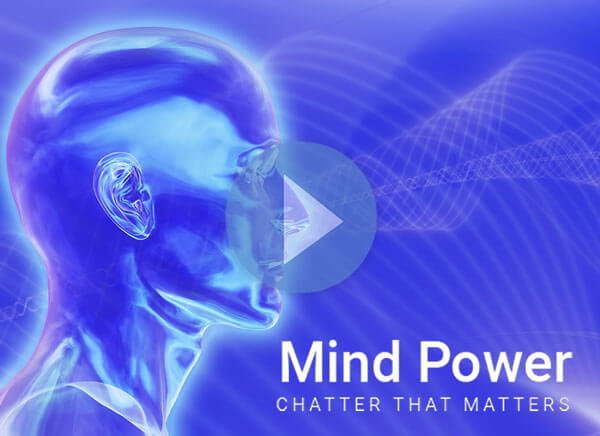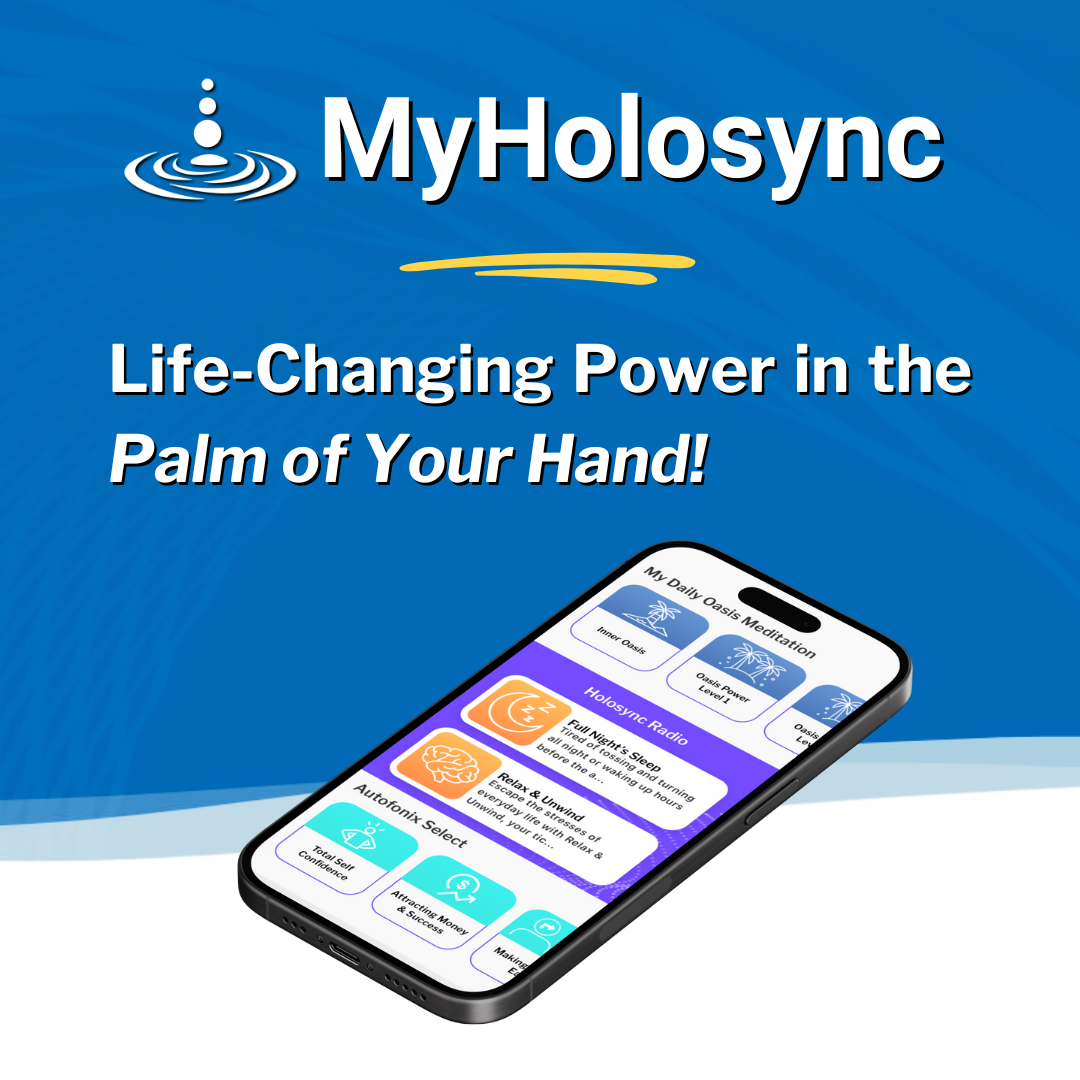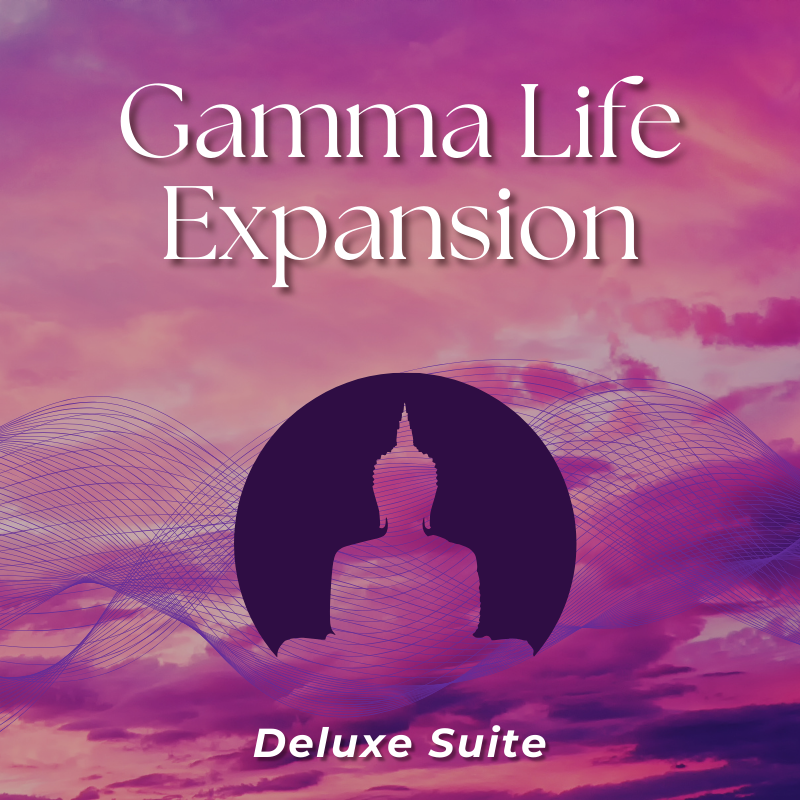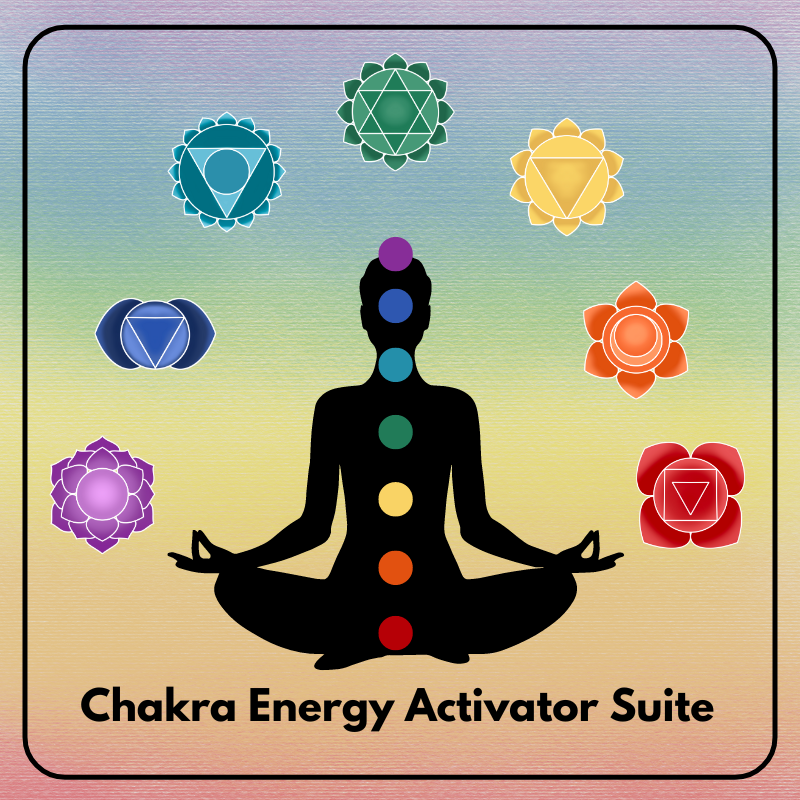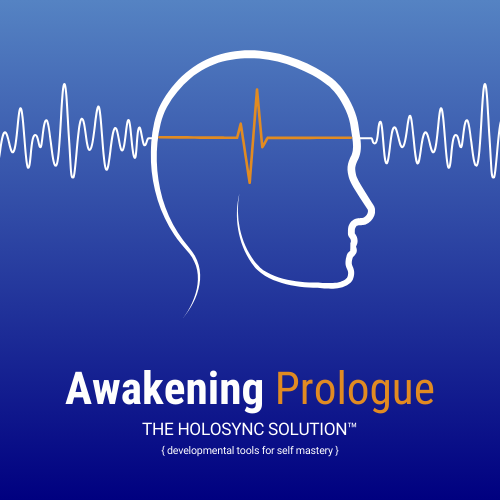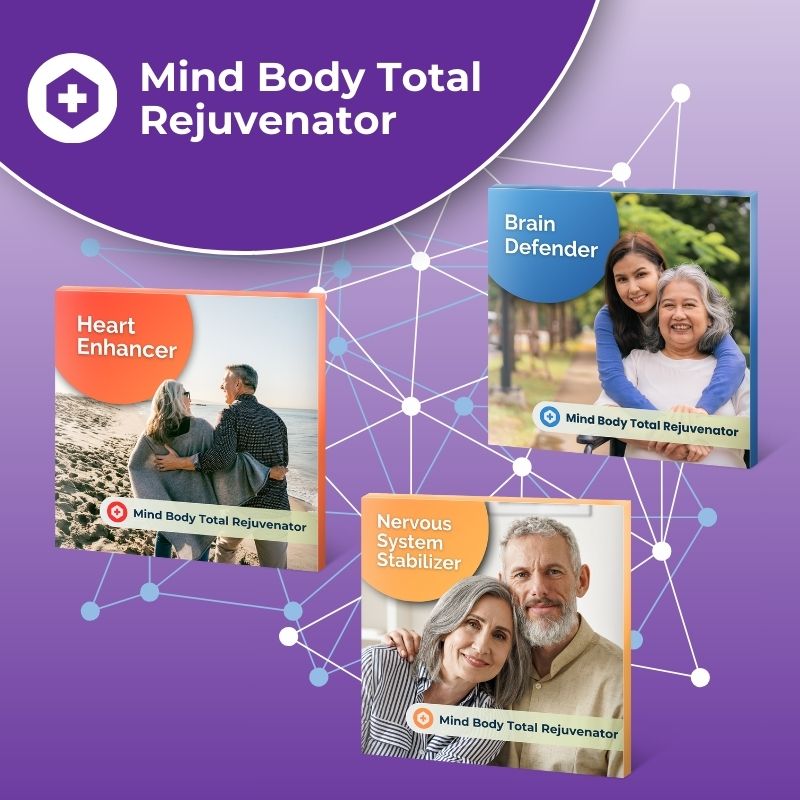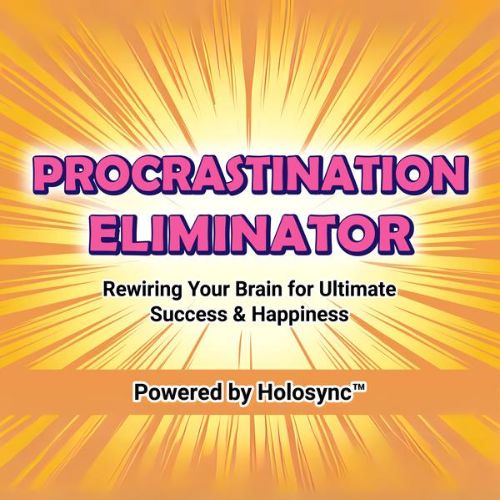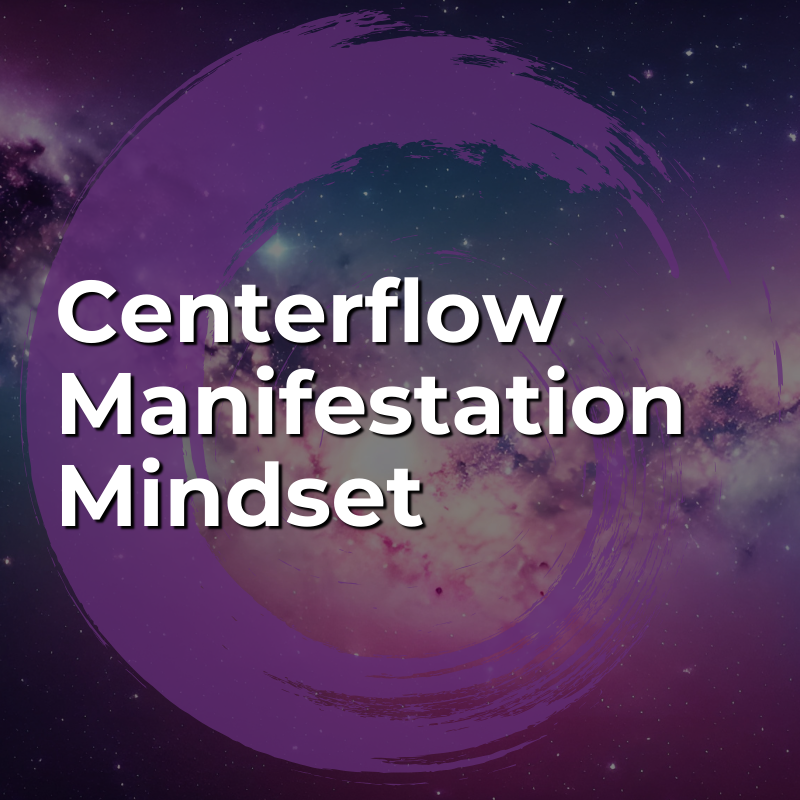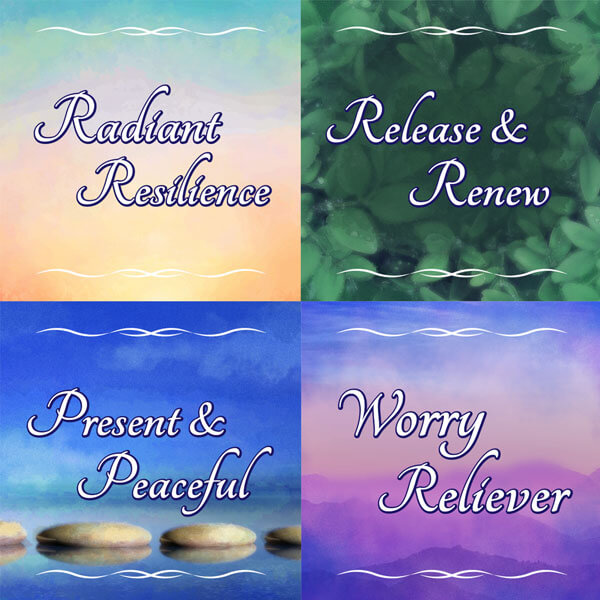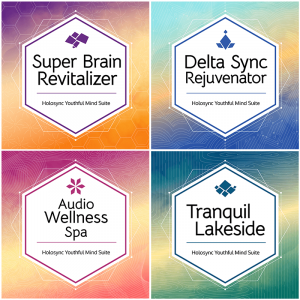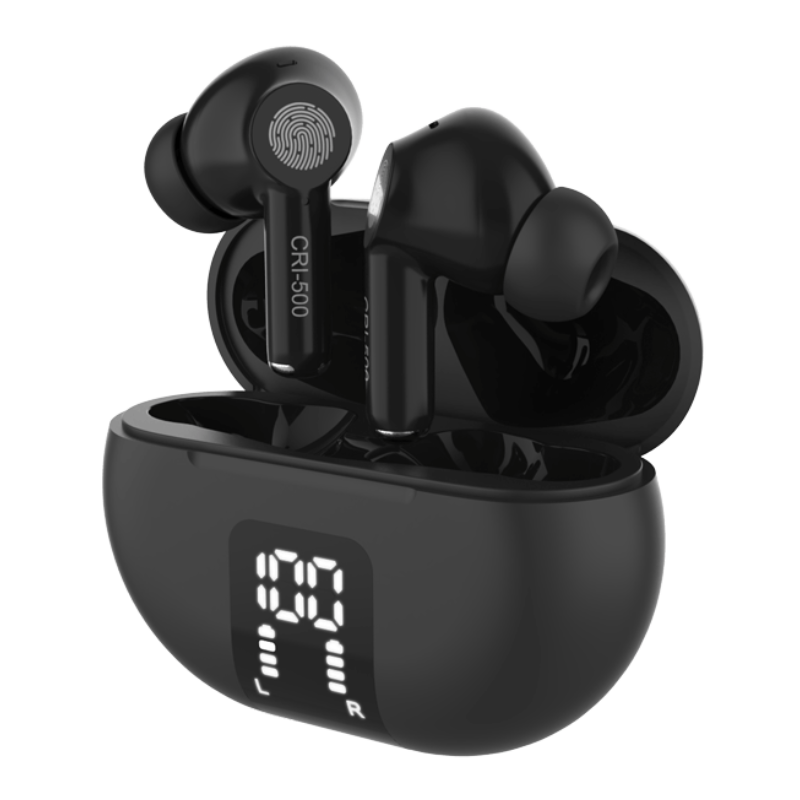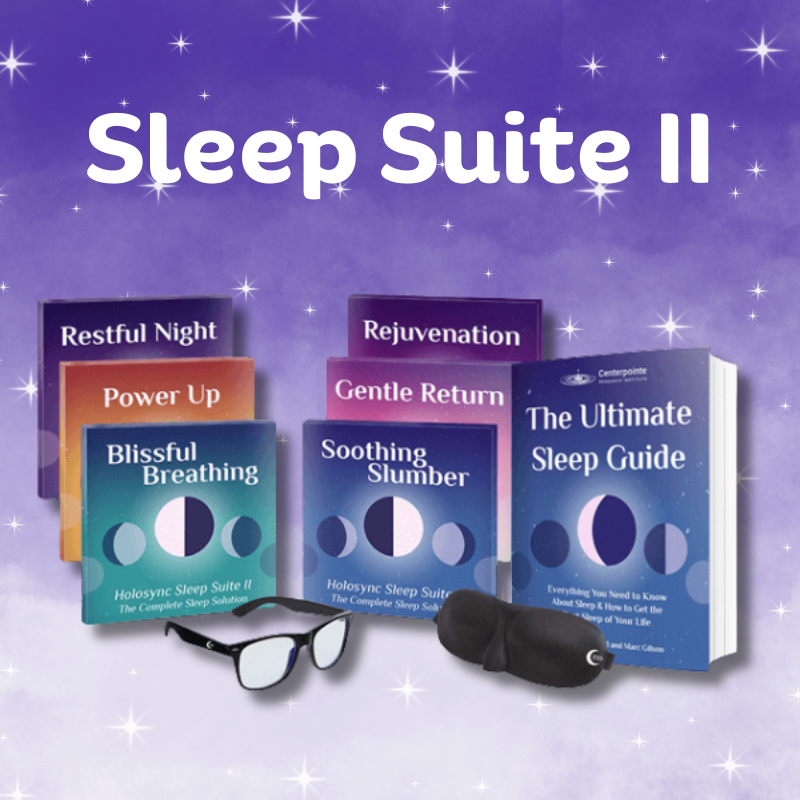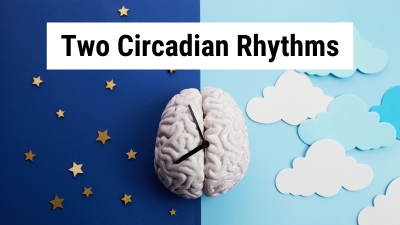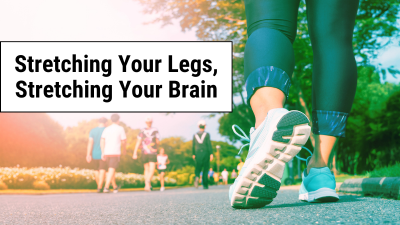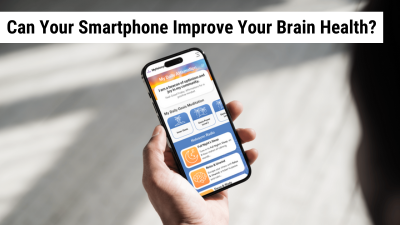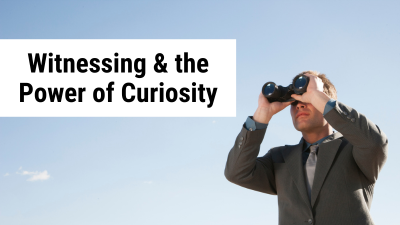
Issue #390 – Monday, September 18th, 2023
By Marc Gilson
Meditation isn’t really a team sport. Most of the time we practice our self care and mindfulness techniques alone, in solitude. And for the purposes of self reflection, solitude certainly has its benefits.

But some folks can get so caught up in separating themselves from the outside world that they are essentially just trying to escape from reality. And that’s missing the whole point.
See, meditation can sometimes lead us into a place so fully isolated and self-centered that we forget one of the major mindfulness concepts that permeates almost all spiritual traditions:
That separateness is an illusion; that the only isolated version of “me” is the one my ego defines as being different from you; that we are all one.
Spirituality and Oneness
Now, maybe for some people, personal growth is not a spiritual endeavor, or perhaps this idea of “oneness” just sounds a bit like new age hooey. I get that.
But we should remember that this is not some trendy new concept.
Native American and other indigenous beliefs frequently include this notion of an underlying link or connection among all living things.
In some Judeo-Christian teachings, we find an emphasis on the need and innate desire to reunite with our divine source, God.
Hinduism teaches that all existence, down to each atom, is connected and that the separation between you and I, or indeed the universe as a whole, is but a persistent illusion.
Nearly identical ideas are found in Taoism, Buddhism, Islamic mysticism, and many other traditions.
These traditions all emphasize connectedness.
And yet today, we’re anything but connected.
The Loneliness Paradox
Today’s world - despite its apparent hyper-connectedness - is fast becoming a very lonely place. And experts say it’s becoming a genuine health crisis.
Earlier this year I wrote a Mind Power essay about what many (including the US Surgeon General) are calling…
…an epidemic of loneliness.
This trend toward more isolation and separateness is a global phenomenon. While the pandemic intensified this trend, studies show it began long before Covid lockdowns and travel restrictions.
So many folks today are saying that they’re drowning in emails, texts, social media, and virtual meetings.
We’re surrounded by screens that promise connection, but instead seem to add to our sense of detachment. Elderly people can suffer from extreme isolation while even young people struggle to find meaningful human connection.

In an age of constant connectivity, the truth is that more people report feelings of loneliness today than ever before. It’s what’s become known as the Loneliness Paradox.
So what’s going on here? Have we become so ego-centered and conceited that we’ve stopped caring about others? Should we just blame our smartphones and social media?
Have we really become a divided and selfish society - detached from compassion, altruism, even common kindness?
Mindfully Pushing Back & Letting Go
So what’s to be done? Is this a fixable problem?
Well, let’s get one thing straight.
You can’t control how other people behave. You can’t force others to “be more selfless” or “stop being selfish.” That kind of thinking will only lead to more suffering.
No, the truth is, you only have control over 4 things:
- How you feel
- How you behave
- What meanings you apply to what happens in life
- Which people and situations you attract and become attracted to
Everything else, just let it go. Let it be okay.
See, as cliche as it might sound…
…you have to lead by example; be the change you want to see in the world.
That’s the only way to push back.
And that’s why today I want to share some traditional and non-traditional mindfulness techniques that can help you focus a little less on yourself, and bring back a sense of connectedness, compassion, and empathy so lacking today.
- Loving-Kindness Meditation (Metta Bhavana)
Have you heard of the Metta Bhavana meditation? This is a Buddhist meditation with roots in yoga that focuses on cultivating a spirit of loving kindness and compassion toward all sentient beings.
Practitioners of this method say that doing the Metta Bhavana meditation is not just about thinking nice things about others, but it also leads to the release of bitterness, resentment, and anger in oneself.
The full Metta Bhavana practice walks us through stages of compassion, beginning with oneself, then extending to a good friend, then a neutral person, a difficult person, and so on until we are able to extend a spirit of compassion and love to all beings.
Today I’m sharing a very simplified and shortened version of the full practice you can incorporate the spirit of this compassion-based meditation into your own day by simply sitting down quietly and reciting a few lines from the metta bhavana, such as this paraphrased version:
Begin with yourself by repeating the following:
May I be happy, peaceful, and well.
May I live with ease and find deep joy
May I be free of pain and suffering
May I be free from harm and be safe
Then extend these same sentiments everyone else in the world:
May all beings be happy, peaceful, and well.
May all beings live with ease and find deep joy
May all beings be free of pain and suffering
May all beings be free from harm and be safe
Practitioners of the Metta Bhavana say this practice imbues their lives with a sense of hope, love, and happiness. Sounds pretty good, right? - Cultivate Compassion with Your Breath (Tonglen)
Another effective practice is called Tonglen, which means “receiving and sending.” In this case, we use our breath to inhale (take) suffering and exhale (give) healing. As with the Metta Bhavana, we can use our imagination to transform feelings of sadness, suffering, and loneliness into feelings of peace and healing.
Here’s an excerpted comment from the great Buddhist teacher Pema Chodron who describes how to practice Tonglen:
“...On the in-breath you breathe in with the wish to take away suffering, and breathe out with the wish to send comfort and happiness to people, animals, nations, or whatever it is you decide.”
Tonglen practitioners like to point out that the idea here is not to burden oneself with the world’s problems, but rather to acknowledge it and meet it with acceptance and healing. It’s a simple and effective way to reconnect to your own sense of empathy and compassion. - Compassion Journaling
Perhaps you don’t have a meditation practice but you still want to nurture a mindful awareness around compassion and empathy. Try Compassion Journaling.
Choose a notebook or app where you can write freely. Then spend a few minutes each day answering the following three questions:
Today I received compassion and kindness from someone in the following way
Today I showed compassion and kindness to someone in the following way
Tomorrow I will show compassion and kindness in the following ways
All for One and One for All
As we continue to work on our own problems and goals, let’s remember that we do this not only for ourselves but for others as well.
Personal growth is not only about improving our own lives - it’s a journey of interconnectedness and a gentle revolution against division and separation - mending and strengthening us collectively in a spirit of empathy and compassion.
Keep up the good work.
The Holosync Boon
By the way, if you’re ready to take your meditation practice to the next level and get 8x more results than traditional methods, then I hope you’ll check out The Holosync Solution Program and its introductory level, Awakening Prologue.
This powerful program was designed to help anyone reach deep meditative states at the push of a button, and includes unlimited coaching so you can make leaps and bounds towards your biggest life goals.
You can learn more right here.
Check It Out!
The Holosync Solution
Special 30% Off When You Order Today!
Holosync® is the most powerful self-improvement, stress-relief
and brain enhancement tool in the world.
(If you're not using it, you're missing out!)
...including the magnificent power to attract into your life what you DO want instead of what you don’t.
Start your journey to a better you and the life you’ve always wanted,
with Awakening Prologue.
Get in on a special 30% discount today!
Wise Words
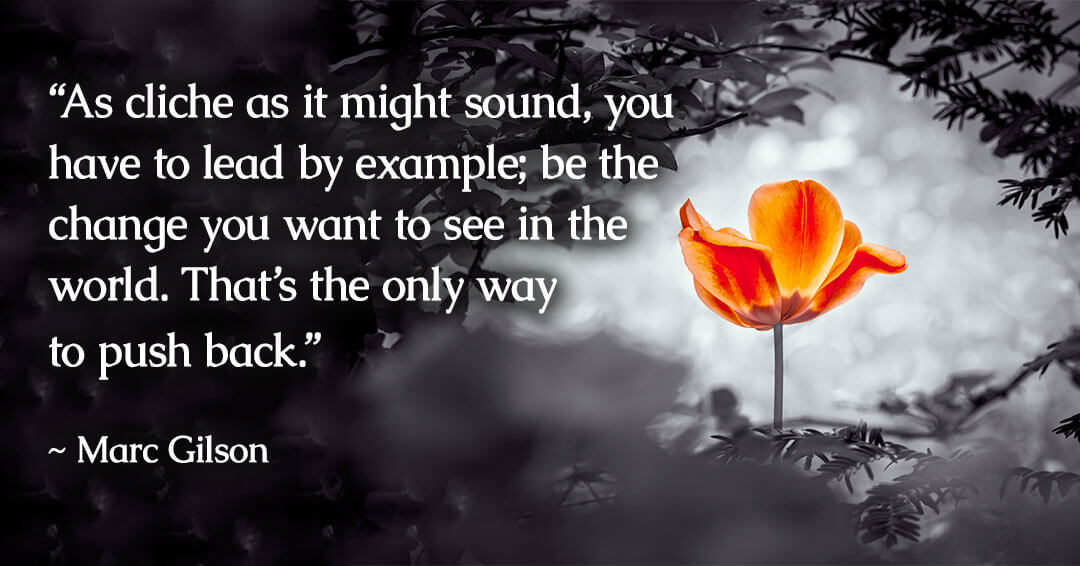
This Really Happened
Day 1. Whilst listening to the holosync audio l felt alive again on the inside. Felt like a switch had been turned on and everything inside me was firing on all cylinders which was a fantastic feeling.
~Bec M.
5-Day Challenge Participant
In Case You Missed It - Listen to It!
Finding Balance in Pleasure & Pain
Could a “Dopamine Fast” Help You?
By Ryan Standifird
August 28, 2023
We Want to Hear From You!
What do you do to combat loneliness in your life?
Post your story on our Facebook Page.
Not on Facebook? Tell me about the impact that meditation with Holosync has had on your daily life. Stress? Sleep? Weight Loss? Focus? Spiritual Connection? Other? Email your story here.

